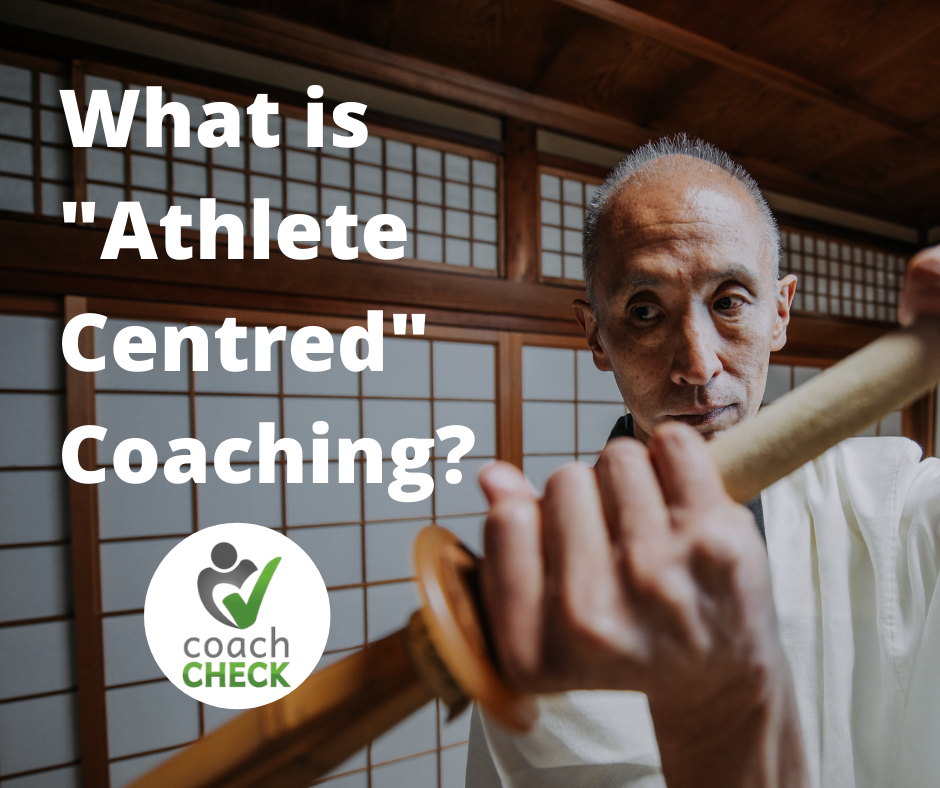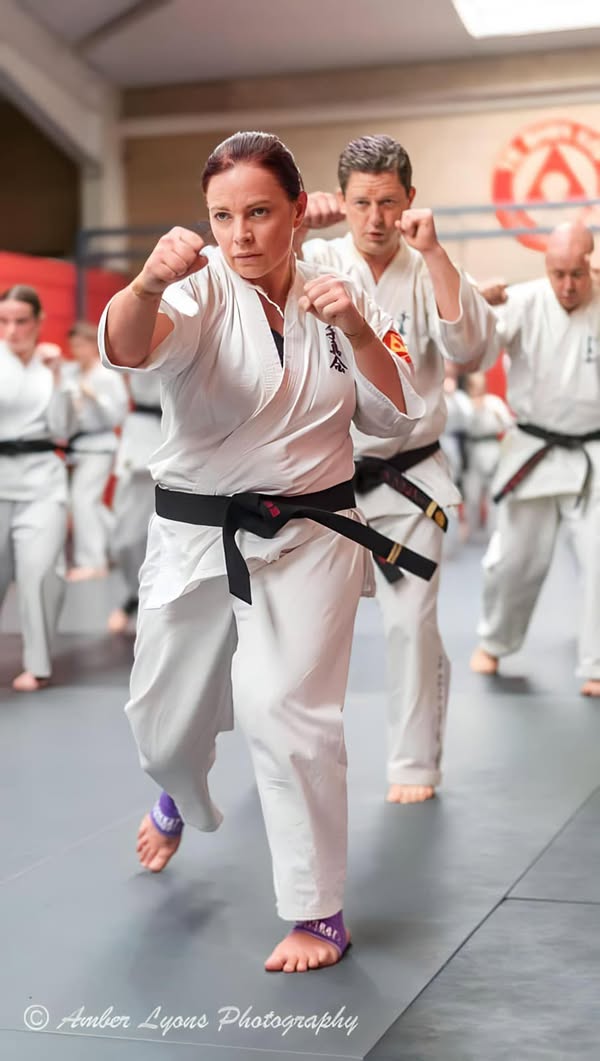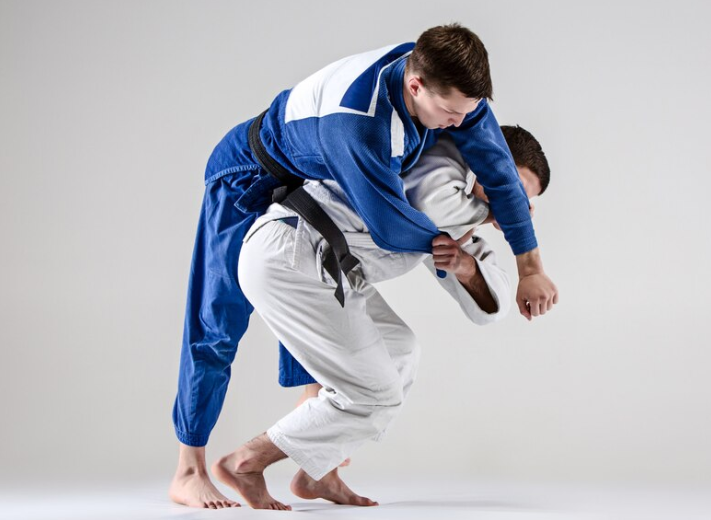To put it simply, Athlete Centered Coaching is a coaching approach where the athletes’ needs are met by focusing on what each athlete of team member requires to be successful.
There can be a disparity between what we often confuse as “traditional” coaching and “modern Coaching!” Traditional coaching has a skills focus! Meaning there is a focus on the sport rather than the athlete. We have all seen it, the coach that bellows out instructions, oblivious to the followers and their individual limitations or abilities.
Often the old traditional method of coaching translates to a lack of communication between coach and athlete. We often hear the old battle cry from some coaches in martial arts that “I teach martial arts the traditional way” or “I teach the way that I was taught,” or “I teach the way that our master taught us,” surely, we are better than that! Don’t get me wrong, there is of course a place for traditional if it embraces the physical, mental and spiritual development of the athlete, afterall isn’t that what it’s all about? Unfortunately, traditional coaching style doesnt always the best message is being delivered! Think about it! Commanding a student to do push ups as a form of punishment? Lets keep the fine art of the pushup as something positive! Maybe try a more persuasive approach such as, guidance and support, or if its an unruly student, maybe they should sit down and watch.
Lack of focus on things that happen outside of the sport or martial arts program will lead to your athlete perceiving that you are indifferent to them as a person and nothing will drive them to quit more that this.
“Perceived Indifference” is the number one reason why clients leave your program or business. If the coach or leader does not have followers, then you won’t have clients or a business for that matter! Many professional coaching organisations now, will audit their coaches to evaluate their employees coaching style. If the coach does not meet organisational requirements, they are given an opportunity to undertake a full 360 rethink of their coaching strategy. If things do not improve then that coach may find themselves out of a job. It is that important!
If we focus too much on technique, and neglect other challenges that an athlete may have, we misunderstand their needs, fail to understand their limitations, and their abilities, and this causes all kinds of issues. In the USA in 2005, 232 School Principles reported the dismissal of 104 sports coaches during the coach’s tenure. We hear about it all the time in sports. The critical role of the coach in terms of how that team or individual performs. Some people may say that there is too much emphasis on the coach, it is a big job and important role, so it should not be taken lightly. In another 2005 survey regarding the relationship between the coach and the players, nearly 9000 female students in college sport reported that around 40% of the athletes stated a poor relationship with the coach, they chose not to play sport anymore. Traditional focus in coaching styles such as a drill sergeant approach leads to a misunderstanding of the followers needs and limitations, resulting in pushing the follower too hard and then they quit.
Consider your coaching style, what are you doing right now and how can you improve what you do, how can you help retain your followers and build more numbers in your classes. Its great to have the worlds greatest neon sign on your store front, but it will mean nothing if the follower does not stay. A great starting point in becoming an “Athlete Centred Coach” could be to know every student by name! Also, instead of using push ups as a punishment, help them understand its value as strength building exercise and instead of performing a push up to your count, ask them to perform as many quality pushes as they can within 30 seconds. By making the student feel they are significant and by not humiliating them when they are physically incapable of performing certain tasks, we are soon on our way to creating an “Athlete Centred Coaching” business.



